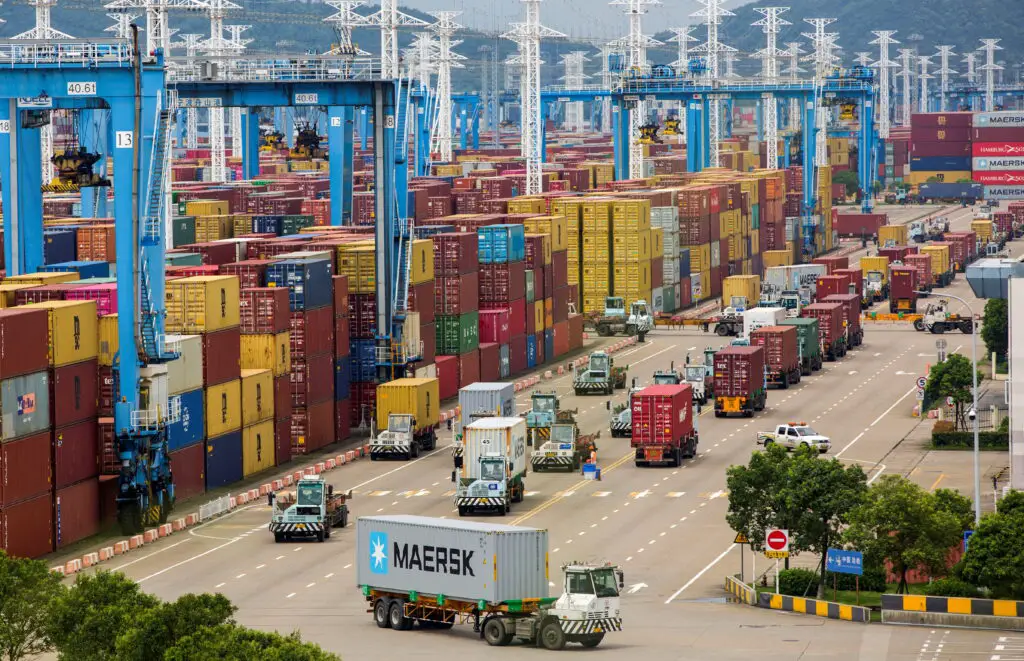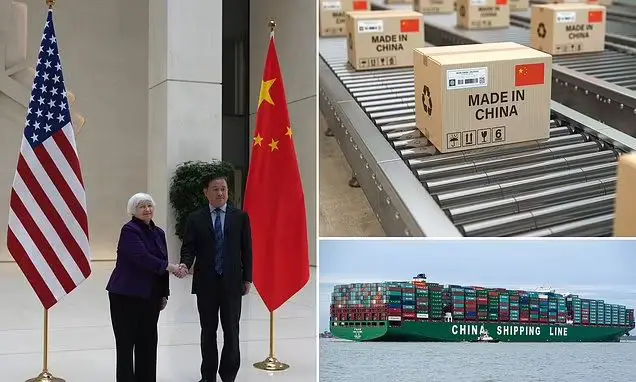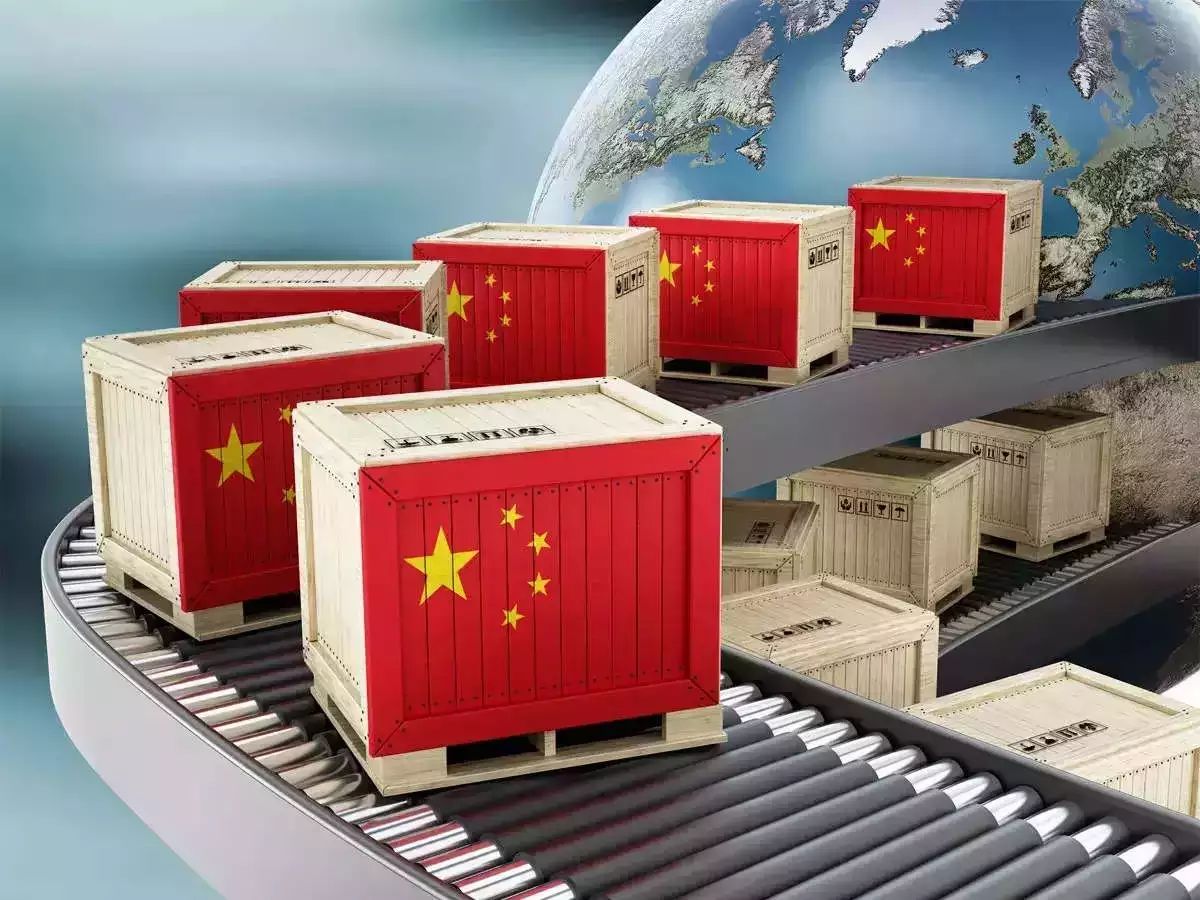In a pivotal shift in trade policy, the Biden administration is gearing up to announce significant tariff increases on a range of goods imported from China. This move, building upon policies initiated under the Trump administration, targets strategically crucial sectors such as electric vehicles (EVs), solar equipment, and critical minerals. With these changes, the U.S. aims to strengthen domestic industries and address national security concerns.
New Tariffs on the Horizon
Set to be unveiled as early as next week, these new tariffs will particularly impact Chinese electric vehicles, which will see their tariffs roughly quadruple. This drastic increase is part of a broader strategy to deter the importation of Chinese EVs over concerns that they may compromise American personal data. The Biden administration’s decision echoes the calls from lawmakers for aggressive measures, with some even advocating for a total ban on Chinese EVs.

Beyond Electric Vehicles
But the scope of the new tariffs extends beyond the automotive sector. The U.S. will also impose higher tariffs on other key goods, including semiconductors and solar equipment, further tightening the noose around Chinese imports that are seen as pivotal to the future of clean energy. Additionally, medical supplies like syringes and personal protective equipment from China will face new levies, reflecting a strategic approach to bolstering domestic production capacities in critical sectors.
Strategic and Security Considerations
The revision of the so-called “Section 301 tariffs” is driven by considerations of strategic competition and national security. The Biden administration is fine-tuning its tariff strategy to focus on industries that are not only economically significant but also essential for maintaining technological and security edges over global competitors. This move also comes as a countermeasure against potential vulnerabilities in the supply chain, especially in sectors crucial to the U.S. economy and safety.

Economic and Political Implications
This policy shift occurs at a time when global economic tensions are already high, with potential for retaliatory measures from China. Both leading candidates in the upcoming 2024 presidential election have proposed aggressive trade policies, signaling a departure from the previous free-trade consensus. This indicates a broader reevaluation of U.S. economic strategies in the face of evolving global dynamics.
Conclusion
The Biden administration’s decision to raise tariffs on Chinese imports marks a significant turn in U.S. trade policy, aimed at reinforcing national security and supporting American industries against foreign competition. While these measures may invite short-term economic challenges, including potential retaliatory actions by China, they are seen as necessary steps to secure a more stable and prosperous economic future for the United States.

